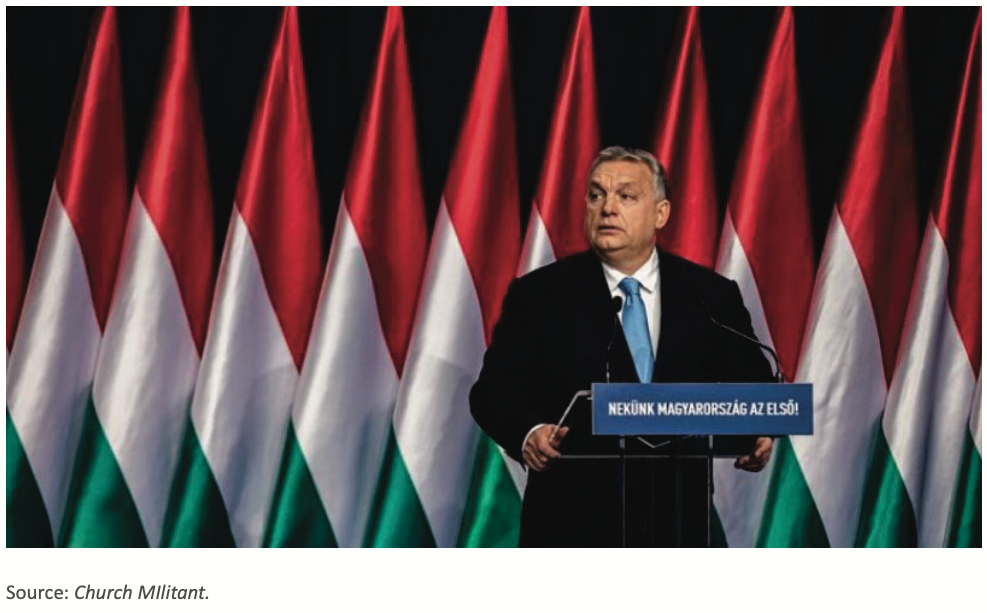
Hungary’s prime minister, Viktor Orbán, who has become a hero for many conservative Christians in the West (see the New Yorker, September 13), seems also to be generally appreciated by mainstream churches in the country, writes Hungarian sociologist of religion Gergely Rosta in a background report published in German by Nachrichtendienst Östliche Kirchen (September 9). Often accused of misusing religion to consolidate his power, Orbán turned away from atheism in the 1990s. In a talk in 2019, he interpreted his coming to power with a two-third majority in 2010 as a kind of Christian regime change, and he has indeed taken a number of measures to emphasize the Christian identity of the country, such as an amendment to the constitution in 2018 stating that “each and every body of the State shall be obliged to protect the constitutional identity and the Christian culture of Hungary.” Since 2020, Hungary has also committed itself to protecting the education of children according to Christian values, and support for the construction and renovation of church buildings has massively increased.

Thus it is not surprising that Christian churches tend to be mostly appreciative of Orbán, or at least to refrain from criticism of him, writes Rosta, not only because they benefit from his emphasis on Christianity, but also because in 2010 his government had replaced a liberal- socialist government that was much less favorable to traditional religious groups. There are a few Hungarian religious leaders maintaining a cautious distance, however, such as the Protestant bishop Tamás Fabinyi, who commented in an interview in September that the Christianity the government has had in mind as a natural ally may not be the same Christianity understood by theologians. Elections will take place in 2022, and opposition parties have a chance of winning only if they manage to form a united front. While these parties represent quite diverse orientations, what is sure is that their victory would mean less governmental support for the churches.
(Nachrichtendienst Östliche Kirchen – https://www.noek.info/)